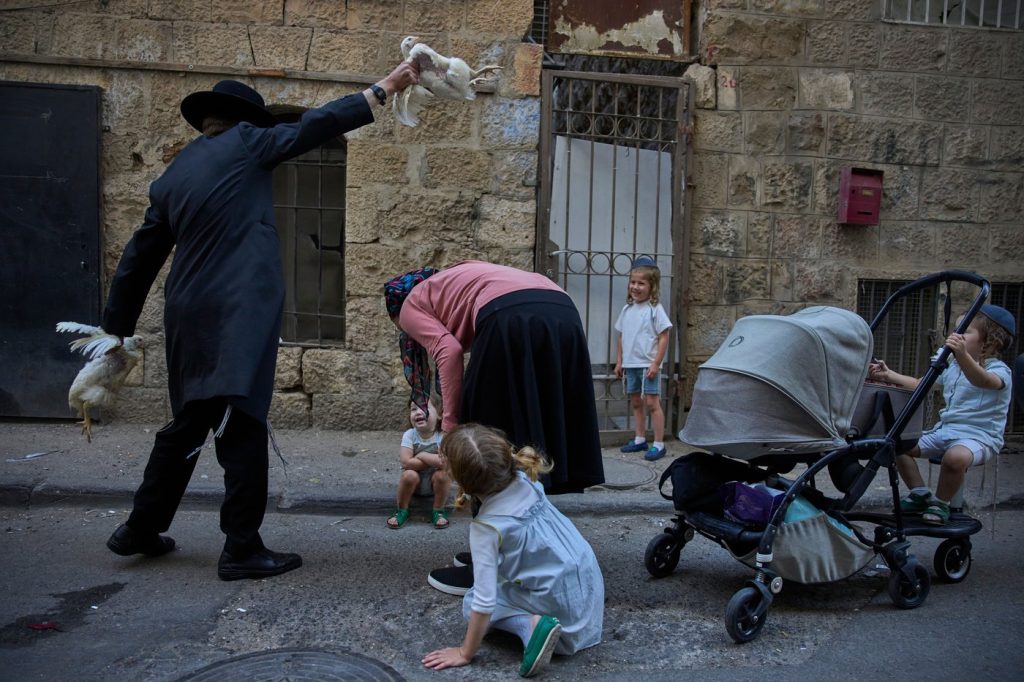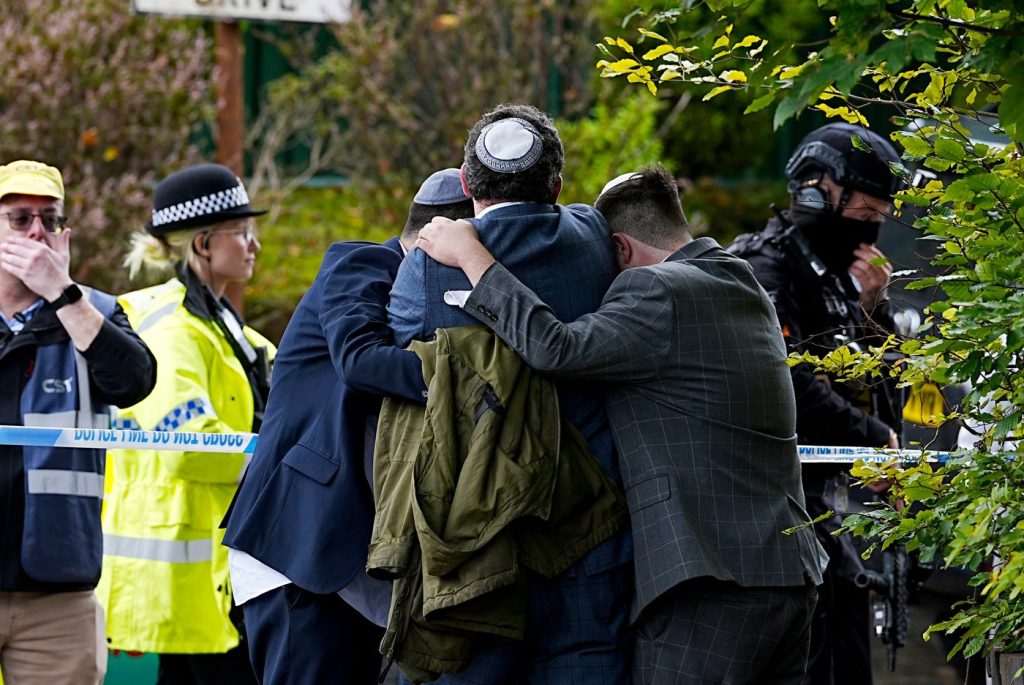Yom Kippur, known as the Day of Atonement, is regarded as the holiest day in the Jewish calendar. This significant day is being observed this year from around sunset on Wednesday, October 1, until after nightfall on Thursday, October 2. Traditionally, Yom Kippur is a time devoted to prayer, introspection, and repentance, marking a crucial moment for Jewish individuals to seek forgiveness and atone for their sins.
Yom Kippur concludes the Jewish High Holy Days, which are initiated by Rosh Hashana, the Jewish New Year. Rosh Hashana is celebrated from sundown on September 22 to after nightfall on September 24. These two holidays play an essential role in Jewish spirituality, allowing followers to reflect on their past year and make amends for their actions.
For those seeking further understanding of these sacred observances, resources from two major branches of U.S. Judaism are available. The Hasidic organization Chabad-Lubavitch provides detailed insights into Rosh Hashana and Yom Kippur through their respective pages, which can be accessed via the provided links:
The Union of Reform Judaism also offers similar resources for those interested in a Reform perspective:
In recent years, heightened security measures have been implemented in synagogues across the globe, particularly during the High Holy Days. These measures often include the presence of security guards, surveillance cameras, and systems designed to control access through ticketing, registration, and careful vetting of attendees. Rabbi Rick Jacobs, the leader of the U.S.-based Union for Reform Judaism, expressed his concerns regarding these changes, noting that the overwhelming necessity for enhanced security can diminish the shared sense of community. "The feeling of being in community—we desperately need that," he stated, while recognizing the discomfort surrounding safety assurances, emphasizing, "But you don’t want to tell people something that’s false, like 'Don’t worry.'”
Overall, Yom Kippur serves as a powerful reminder of the values of reflection and community within the Jewish faith. As congregations come together in worship and contemplation, the balance between maintaining safety and fostering a sense of belonging becomes increasingly vital in today's world.












